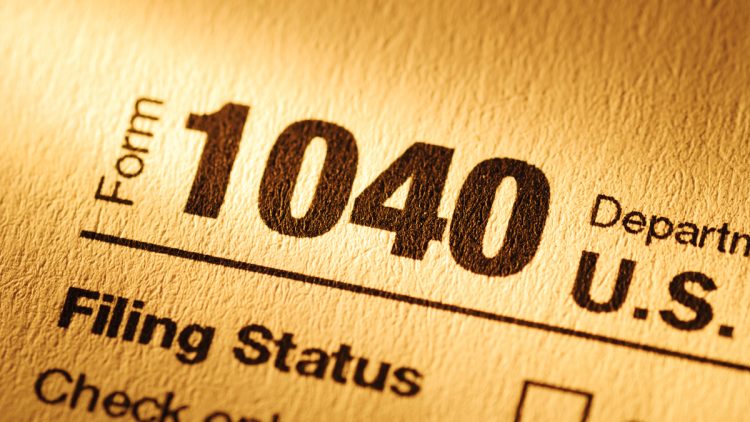Preparing For Tax Season
Preparing for tax season can be a smooth process if you organize your financial records and understand the necessary steps. Here’s a guide to help you get ready:
1. Organize Your Financial Documents
Start by gathering all the paperwork you’ll need to file your taxes:
- Income Records:
- W-2s (for employees).
- 1099 forms (for freelancers, contractors, or investment income).
- Bank or brokerage statements for interest, dividends, and capital gains.
- Expense Records:
- Receipts for deductible expenses (e.g., medical bills, education, or charitable donations).
- Business expenses if you’re self-employed.
- Other Forms:
- 1098 forms for mortgage interest or student loan interest.
- Statements for contributions to retirement accounts (e.g., IRA).
- Last Year’s Tax Return:
- Helps ensure you don’t miss any deductions or credits.
2. Know Key Dates
Mark these critical tax deadlines:
- Filing Deadline: Typically April 15 (or the next business day if it falls on a weekend/holiday).
- Quarterly Estimated Payments (if applicable): January 15, April 15, June 15, and September 15.
- Extensions: File Form 4868 by the tax filing deadline to get an extension until October.
3. Understand Recent Tax Law Changes
Stay informed about any changes in tax laws that may affect:
- Standard deduction amounts.
- Child tax credit or dependent care credits.
- Limits on deductions or contributions to retirement accounts.
- New benefits for small businesses or pandemic-related tax provisions.
4. Choose the Right Filing Method
- DIY Filing: Use trusted tax software like TurboTax, H&R Block, or Cash App Taxes if your tax situation is straightforward.
- Hire a Professional: Consult a certified public accountant (CPA) or enrolled agent for complex returns (e.g., owning a business, significant investments, or international income).
5. Check for Deductions and Credits
Identify deductions and credits you may qualify for:
- Common Deductions:
- Mortgage interest, state/local taxes, student loan interest.
- Business expenses if self-employed.
- Popular Credits:
- Earned Income Tax Credit (EITC), Child Tax Credit, or Education Credits.
6. Review Your Withholding and Payments
- If you’ve overpaid taxes through paycheck withholdings, you might get a refund.
- If you underpaid, you may need to make an additional payment or adjust your withholding for the next year using Form W-4.
7. Contribute to Tax-Advantaged Accounts
Maximize contributions to accounts with tax benefits by the deadline:
- Traditional IRA/401(k): Contributions may lower taxable income.
- Health Savings Account (HSA): Tax-deductible contributions and tax-free withdrawals for medical expenses.
8. Plan for Refunds or Payments
- Refunds:
- Decide how to receive your refund (e.g., direct deposit or check).
- Owed Taxes:
- Prepare to pay any owed taxes by the filing deadline to avoid penalties.
9. Protect Yourself from Fraud
- Beware of tax scams and phishing attempts.
- Use the IRS website for official information and secure filing.
- Shred sensitive documents you no longer need.
10. File Early
- Avoid last-minute stress by filing as soon as you have all required documents.
- Early filing reduces the risk of identity theft (where someone uses your SSN to file a fraudulent return).
Checklist for Tax Season Preparation
- Gather all tax documents (W-2s, 1099s, receipts, etc.).
- Review last year’s tax return for reference.
- Update personal and contact information with your employer or bank.
- Choose your filing method (self or professional).
- Identify eligible deductions and credits.
- Review recent tax law changes.
- File before the deadline to avoid penalties.
0

